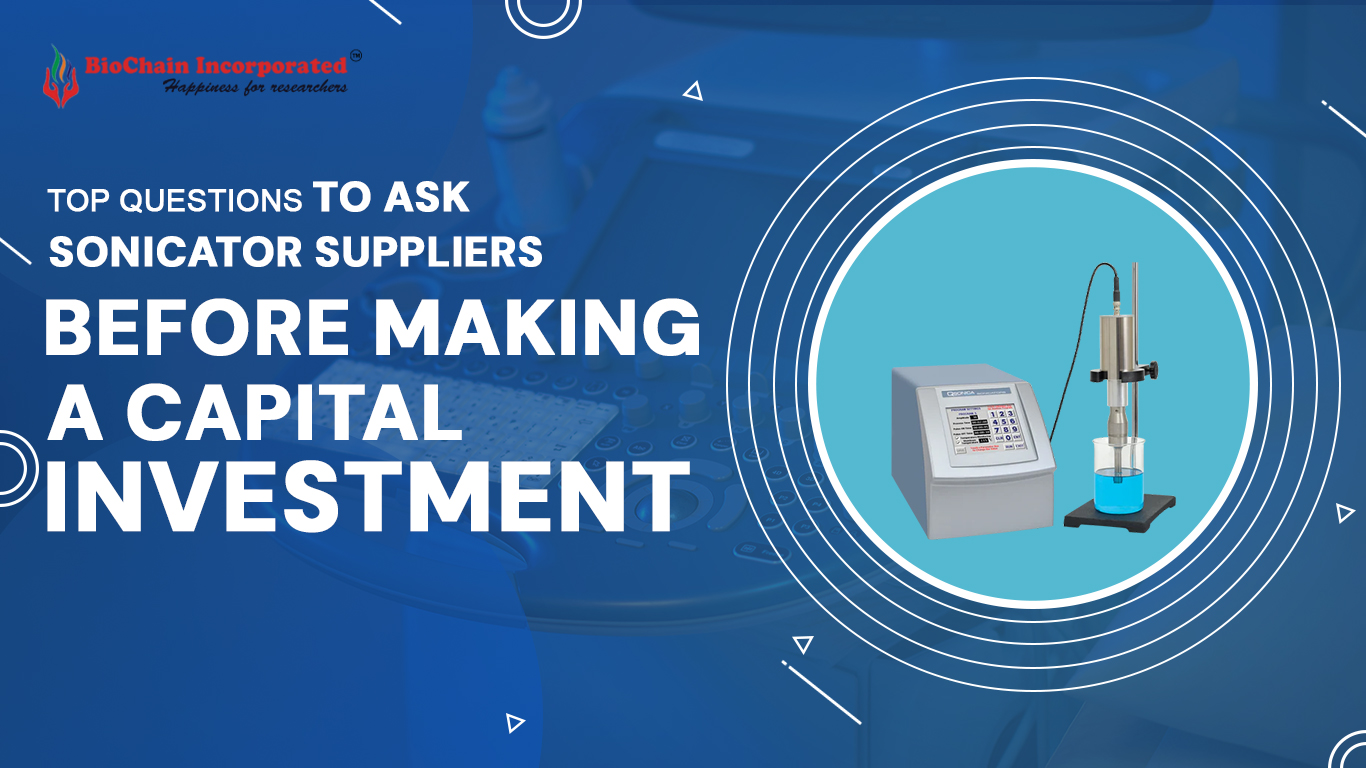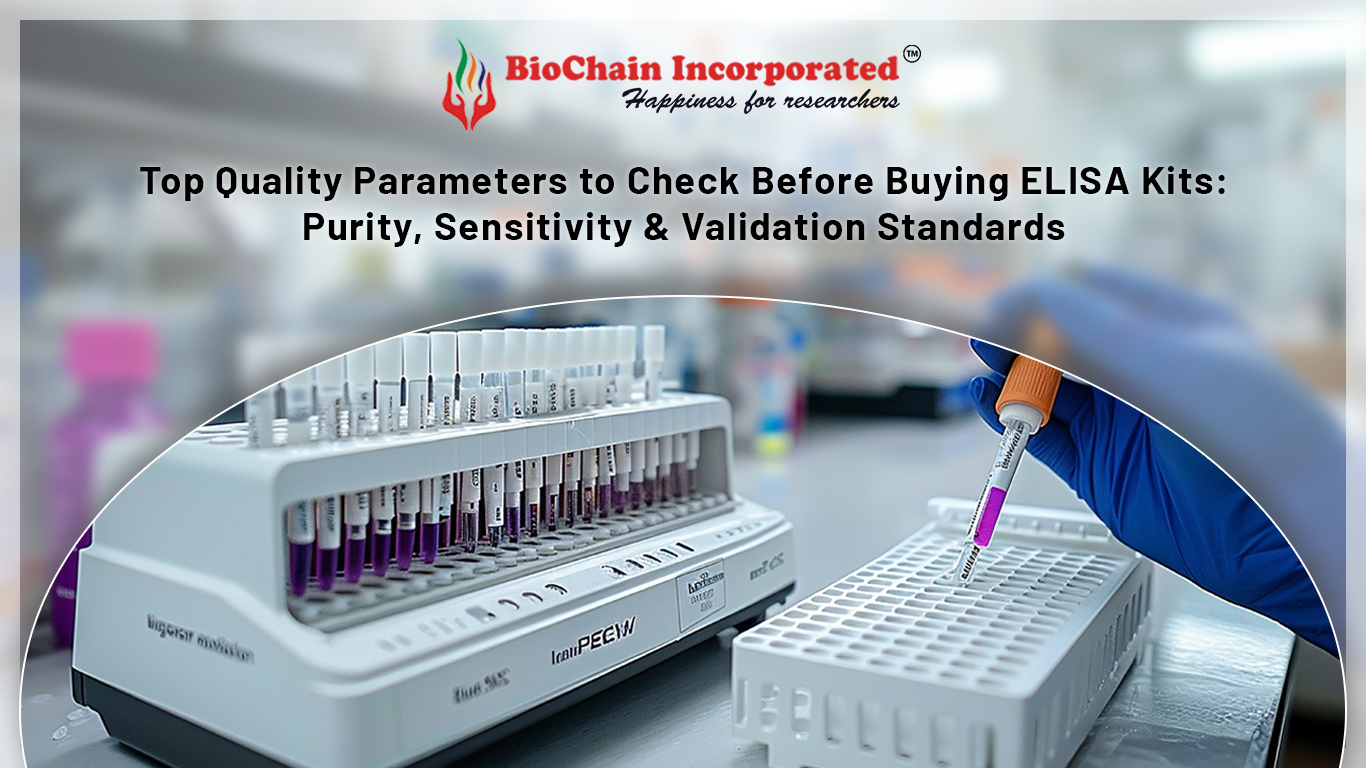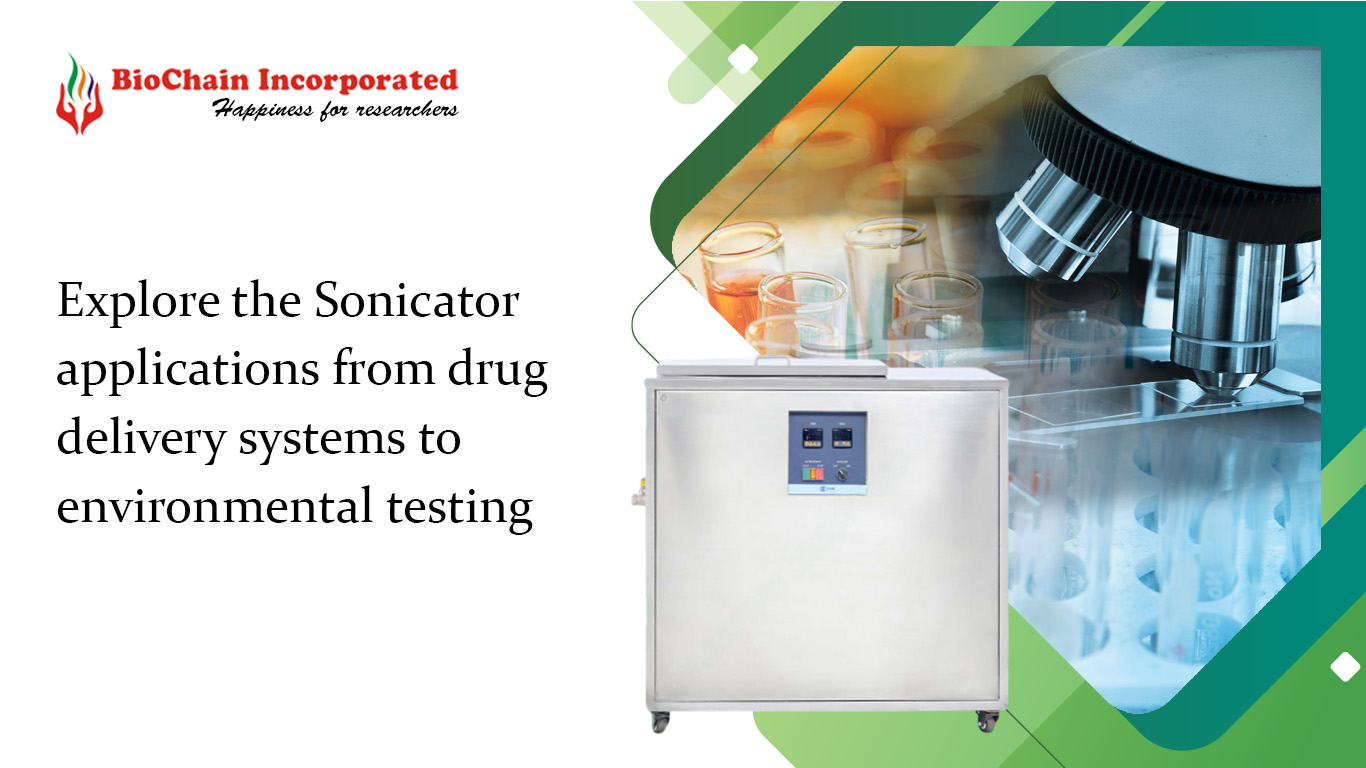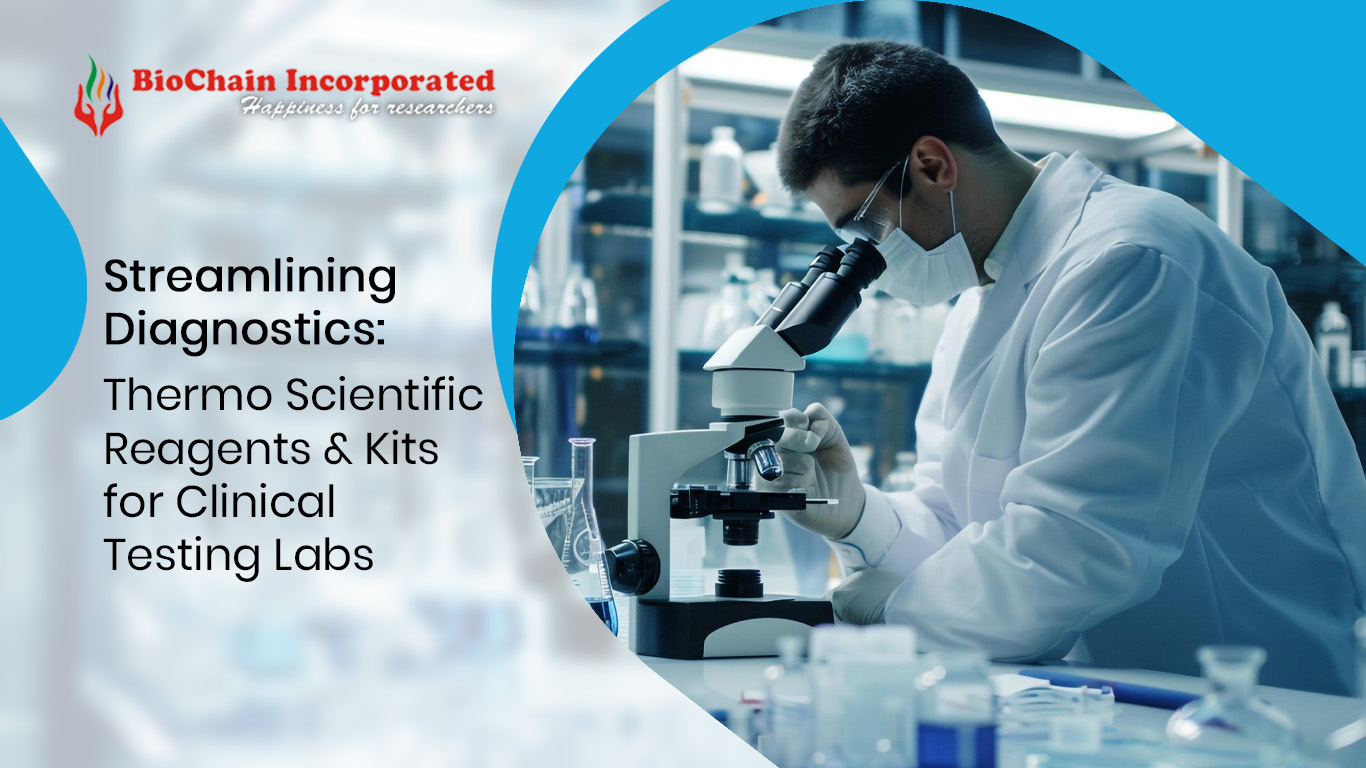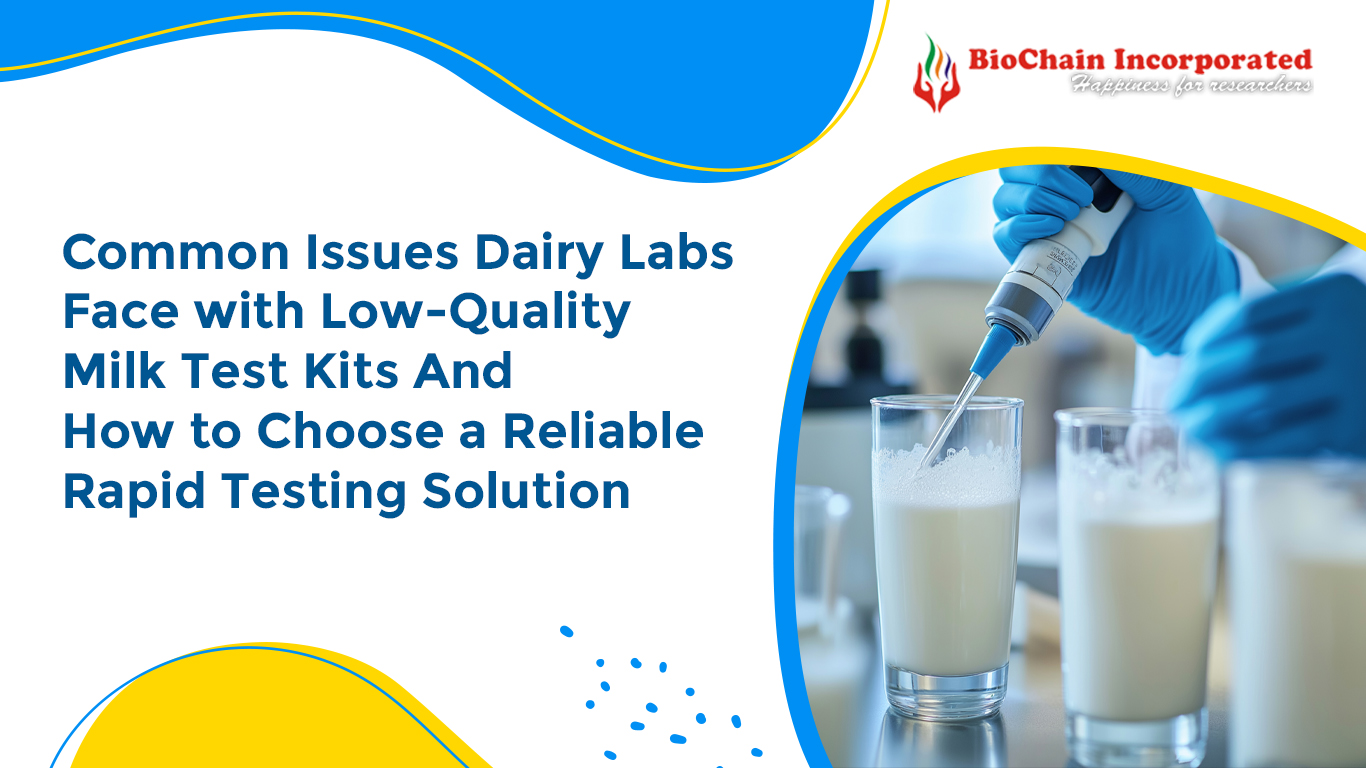Top Questions to Ask Sonicator Suppliers Before Making a Capital Investment
Sonicators are the most important tools in the industry for laboratory and industrial purposes to perform cell disruption, nanoparticle dispersion, emulsification, and many more. However, purchasing from the right sonicator suppliers in India is not a straightforward task. It is rather a capital investment. With a wide range of models, specifications, and manufacturers in the market, it is definitely necessary to ask the right questions before finalizing the supplier. The aim should not only be getting a competitive price, but also ensuring that you are buying a reliable, scalable solution that can satisfy your technical and operational requirements.
Below are main questions to ask sonicator suppliers before jumping to a conclusion:
1. What Is the Power Output and Frequency Range?
The efficiency of a sonicator is mostly determined by the power (watts) and frequency (kHz) of the device. Low frequencies (20-40 kHz) are typically used for cell disruption and hard-to-handle materials, while high frequencies are more suitable for fine particle dispersion or sensitive samples. It is better to ask the supplier what their machine is designed for and if it allows changing of the settings.
2. Is the Equipment Suitable for My Application?
Sonication is a technique with many applications—from biotech and pharma to food processing and environmental testing. Hire a supplier they know what your application is and pick a model that fits best to the purpose. Thus, a lab working on DNA shearing will definitely have very different requirements to a cosmetics company, which is focused on developing nanoemulsions.
3. What Is the Capacity and Probe Size Range
Check whether the sonicator supports various volumes and probe (horn) sizes. Can it handle both small lab samples (micro-liters) and larger batch volumes (liters)? If you're scaling up in the future, it’s critical to ensure that the equipment can grow with your needs or can be easily upgraded.
4. What Safety Features Are Included?
One of the safeties issues which ultrasonic devices can cause is excessive heating, aerosol generation, and even hearing damage. Inquire about safety features that are implemented in the device like over-temperature protection, sound enclosures, auto shut off, and user interlocks. It is particularly important to have these safety features in regulated lab environments or shared facilities.
5. What Is the Warranty and After-Sales Support Policy?
Investing in a sonicator distributor, who guarantees that the warranty is comprehensive (preferably one year or longer), that repairs are done quickly, and that the local technical support is available is really important.
6. Can You Provide Validation Data or Client References?
If you are dealing with a reputable supplier that is able to give you validation reports, cases, or even connect you with existing customers in your industry, then this is a good criterion for your selection of suppliers. This allows you to evaluate the performance and reliability of the situation.
7. Is the Unit Programmable or PC-Compatible?
High-end sonicator probes feature programming of time, amplitude, and pulse modes or remote control via an interface, data logging, and above all, software integration. Such features are especially important for repeat business.
8. What Are the Installation and Utility Requirements?
Make sure to describe electrical specs, space, and cooling or ventilation needs. Also, find out if installation and setup are included in the purchase or if they are a separate service. Buying a sonicator is more than just paying the initial price; it is also about its performance, durability, and service in the long run. By putting the right questions forward, you secure your investment and get the equipment that will provide you with the same performance for the following years. A competent supplier will not just give you answers but also lead you to the perfect solution for your particular requirements.


